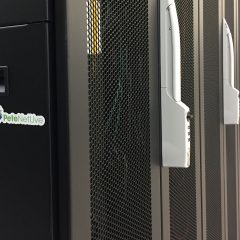Malwarebytes – Manually Update Database/Definitions
KB ID 0000629 Problem I was called to a 2003 Server yesterday, that was riddled with malware, whatever was on there was generating a lot of network traffic, so the first thing I did was disconnect it from the network. That’s fine, but if I wanted to use my usual ‘weapon of choice’ Malwarebytes, how was I going to get the latest database installed? Solution WARNING: There is a note on the Malwarebytes website that...
Spyware / Malware Rogue AV and Rogue Antispyware “Scareware”
KB ID 0000183 Problem The last time I wrote any information on Spyware was a while ago. When I wrote that article the main problem was browser hijacking – while that’s still a problem more recently the trend is towards infecting your machine with “Scareware”. This is software that pretends to be either an antivirus program or an antispyware program and tells you to either install something – or perform a...
Windows 8 – Empty Explorer.EXE Window Opens on Boot
KB ID 0000893 Problem After cleaning an infected Windows 8 machine, I was faced with an empty Explorer.EXE window with just a warning triangle like this every time the PC booted. Solution It was being caused by a piece of junk that was left in the registry. 1. Press Windows Key+R > type regedit {Enter} > The registry editor will open. 2. Navigate to; HKEY_CURRENT_USERSoftwareMicrosoftWindows NTCurrentVersionWindows 3. Check the...



